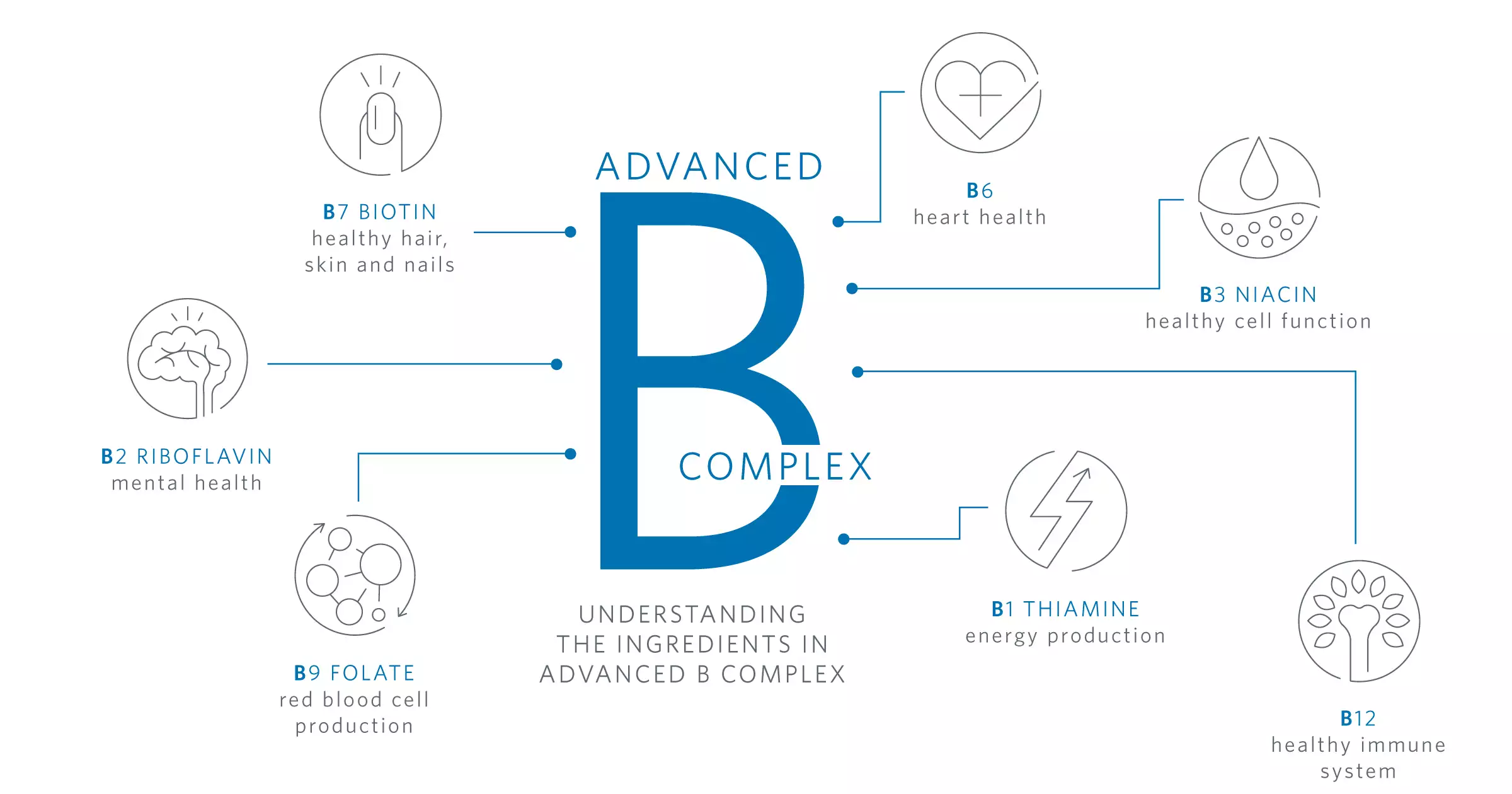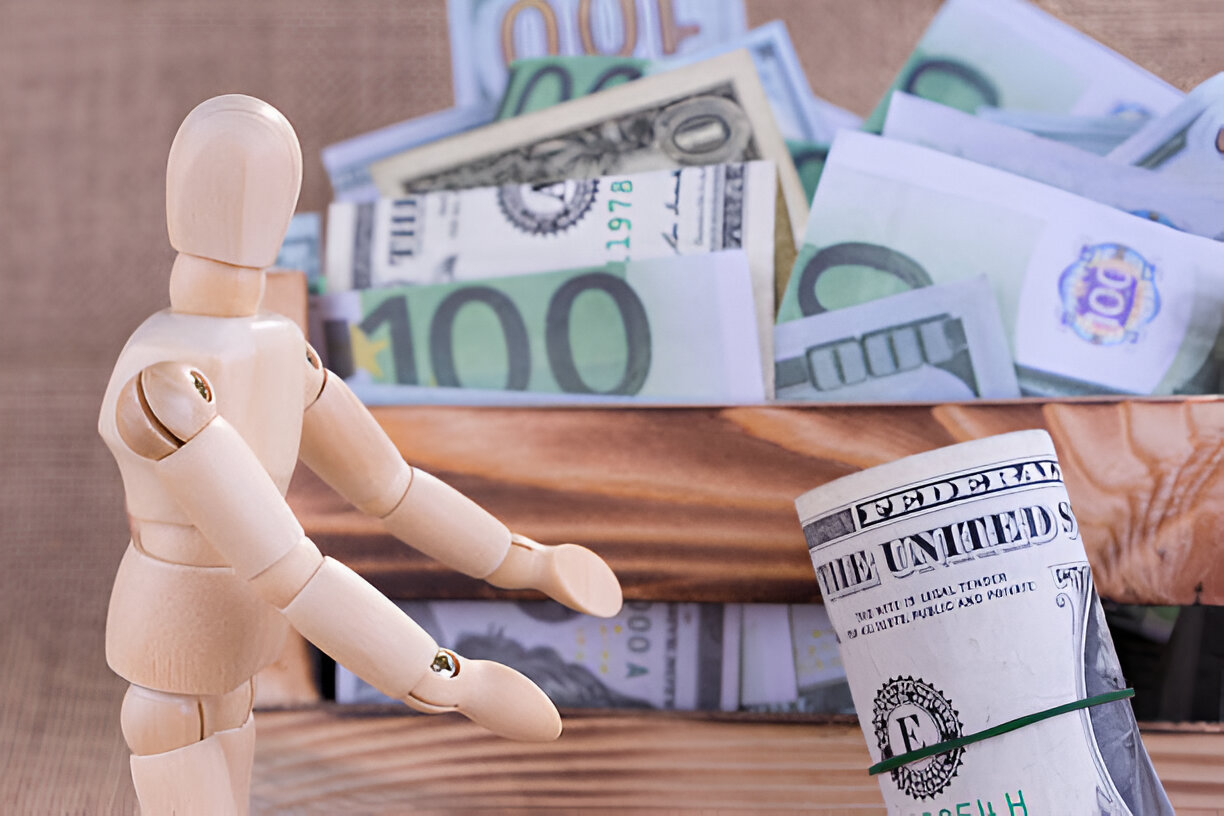
Have a bad case of career burnout? So did the five women you’re about to meet. Then, against the odds, they did something about it. Plumb their tips and you can, too.
Sarah Feingold
From Crafty Corporate Lawyer to DIY Lawyer
Former Life
Raised by artist parents, Feingold took her first metalsmithing class at age 12 and fell in love with creating her own necklaces and earrings. She pursued metalwork in college, but decided that as a vocation, it wasn’t for her (long hours of making jewelry “made my back hurt and hands bleed,” she says) and pursued a legal career instead. At Syracuse law school, she tackled her curriculum and honed her craft on the side, enrolling in every advanced metalsmithing class the university offered. After she graduated in 2005, her routine was similar, working as an associate at a midsize law firm in Rochester, New York, and making jewelry on the side. When the online DIY marketplace Etsy came along that year, Feingold used the site to sell the copper enamel pendants and sterling silver earrings and necklaces she made in her small apartment.
Wake-Up Call
“I’d always hoped to help artists in my legal career,” Feingold says. “And although I’d written an e-book, ‘Copyright for Artists,’ and was speaking at conferences on artists’ rights, I wasn’t passionate about my law firm job and felt it was time for a change.” One day in 2007, Feingold was browsing Etsy and noticed the company didn’t have in-house counsel. With her jeweler background, she knew she’d be perfect for the job.
Second Act
Since she had no contacts at the company, Feingold blindly emailed customer support, introduced herself, and suggested that she could provide legal services in trademarks and copyrights. Much to her surprise, Etsy CEO Rob Kalin responded to her query. “My timing was right,” Feingold says. “They had been getting all kinds of legal questions they couldn’t answer.”
Though the two exchanged emails and phone calls, a job offer never came. So Feingold made the bold move of flying herself to New York City and requesting an in-person meeting with Kalin. “When we met, I said, ‘Rob, you need in-house counsel, and you need it to be me,'” she recalls. “He hired me on the spot. I had already proven I was in a unique position to help his company grow.” Early on in her tenure as general counsel, Feingold drafted and published Etsy’s first trademark guidelines. “Combining law and art — I have a dream job,” she says.
Feingold still sells jewelry on Etsy, and she gets lots of queries from burned-out law school friends searching for more meaningful work. “Successful attorneys making a ridiculous amount of money ask me, ‘How’d you do it?'” she says. “My advice is to do something nobody else is doing. Find a niche. And don’t be afraid of the word ‘no.'”
Text by Lisa Richmon

Phuong Nguyen
From Harried News Reporter to Committed Social Worker
Former Life
As a field reporter for ABC News, Nguyen covered the U.S. State Department and stories such as the Columbine High School massacre. “I thought news was my dream,” says Nguyen, who grew up in Maryland after immigrating with her parents from Vietnam. “It felt important — plus it was glamorous, and the money was good.”
Wake-Up Call
“I was turning 30 and getting calls at all hours to jump on a plane,” she says. “I practically lived in hotels and felt disconnected from friends and family.” In late 2004 Nguyen was asked to cover Michael Jackson’s pedophilia trial in Los Angeles. “Earlier in my career, I would have been psyched — but my instinct was to say, ‘No, thanks.’ I imagined living out of a suitcase and being away from the people I cared about for months.” That’s when she knew: “Journalism just wasn’t doing anything for me anymore.” Along with greater stability and better hours, Nguyen wanted to have a direct impact on people’s lives, not just report on them. She began to seriously consider applying to graduate school in social work. “I was always fascinated by the intimacy of therapy,” she says. “It felt authentic, in contrast to journalism, where as a reporter I had to put on a persona and befriend sources.”
Second Act
Nguyen entered New York University’s clinical social work program in late 2005, taking out $80,000 in student loans, an investment that paid quick psychological dividends. “My first internship was at a locked in-patient psychiatric unit. I had one-on-one contact with clients almost immediately. I loved being challenged; it was exactly what I needed.” Since graduating in 2007, Nguyen has been a therapist for the Jewish Board of Family and Children’s Services, working with adults and teens experiencing issues including familial conflicts, bereavement, anxiety, and depression. She’s also an on-site therapist at New York’s prestigious Stuyvesant High School and is opening a private practice in Brooklyn this spring.
Nguyen admits to feeling twinges of longing when she watches momentous events like President Obama’s election from her living room instead of up close as a reporter. And, of course, the 60 percent pay cut still stings — to save money, she moved from Manhattan to Brooklyn and has sworn off cabs. But “my new line of work has been tremendously rewarding,” she says, “especially seeing people stop self-destructive behavior, reconnect with joy and creativity, and transform before my eyes.”
Since leaving news, Nguyen’s relationships, especially those with her family, are much stronger. In September 2010, she spent two weeks in Vietnam with three generations of her family, a trip that wouldn’t have been possible when she was constantly on the go. “I’m more grounded now,” she says. “I know my path and where I’m going.”
Text by Lori Leibovich

Saudia Davis
From Unemployed PR Rep to Green Entrepreneur
Former Life
As a publicist for films like “My Big Fat Greek Wedding,” Davis spent long days and nights traveling to far-flung locations and wrangling celebrities at glitzy premieres. “At first, it was exciting, but eventually I wanted to do something that could change lives for the better.”
Wake-Up Call
In 2000 Davis’s grandmother Myrtle was diagnosed with ovarian cancer. After doctors theorized that inhaling toxic cleansers for years in her job as an office cleaner could have contributed, Davis’s family began avoiding chemicals in products and foods. “We are Jamaican, so going green is going back to our culture,” Davis says. When Myrtle passed away in 2006, she says, “it was a sign to start taking risks in my life. One thing on my bucket list was to start a business.” As a tribute to Myrtle, Davis launched GreenHouse Eco-Cleaning.
Second Act
For several hectic months, Davis juggled her fledgling business with her PR gig. “I’d go from the red carpet one day to cleaning someone’s toilet the next,” she recalls. But in 2007 Davis lost her publicist job to downsizing — she used the setback to channel her energies into GreenHouse. With help from New York City Business Solutions and the Small Business Administration, she learned how to incorporate her business. She enrolled in free classes sponsored by the Goldman Sachs 10,000 Small Businesses Program and won a 50 percent scholarship to take part in a Kauffman Foundation entrepreneur program. “A key tip I learned was to start an advisory board, especially when you’re a ‘solo-preneur’ like me,” Davis says. “The smarter your board, the better off you’ll be.”
Since Davis had been living green for years, cultivating the “eco” side of the business came naturally. She uses products from vendors such as Muffetta’s Natural, an environmentally friendly natural cleaning product company run by a Jamaican-American; has been accredited by the U.S. Green Building Council; and is even developing her own line of natural cleaning products.
In 2008, GreenHouse saw its first profits, but at a personal cost. “I had to live off my savings for those first two years,” Davis says. “And when I started paying myself, the cut was about 75 percent.” Now Davis’s business is thriving, with clients in all of New York’s five boroughs and New Jersey and a staff of 15. It’s so successful that she’s considering doubling her staff and creating a satellite office.
Being laid off turned out to be a blessing, Davis says. “Because I’m constantly challenged, I do things I didn’t think were humanly possible.”
Text by Shira Levine

Frances Boswell
From Food Editor to Intuitive Healer
Former Life
As a food editor for women’s magazines, Boswell formulated recipes and styled photo shoots. “I was very lucky to do something I loved,” Boswell says. “But eventually I felt like I had nothing else to give. I also had a friend who got sick, and that got me thinking, What am I doing with my life?”
Wake-Up Call
For years, Boswell had turned to acupuncture to treat stress, headaches, and, following the birth of her oldest daughter almost 10 years ago, postpartum depression. Then during a vacation she read an acupuncture textbook and ended up devouring it: “I loved it like a summer novel,” she says. “I came back home and had breakfast with a friend, and that’s when I said, ‘I think I should start doing this.’ And then I actually skipped to my office, where I immediately looked into schools. My heart was racing, even as I read that it meant four years of full-time study.”
Second Act
“Chinese medicine appealed to the puzzler in me: I really like looking at someone as an individual with all the pieces and trying to figure out what is going on,” she says. It’s also about identifying patterns — which, as it happens, might be an apt metaphor for how Boswell found herself compelled to seek such a drastic career change: “Qi, which can be defined as the vital force that keeps you warm and safe and moving, is intuitively intelligent; it wants to go where it should go.”
Still, returning to school was no easy adjustment. “I’d reached a point in my career where it was okay if I was five minutes late to work. I had flexibility. But school was a really intense job that never went away. The romance of student life doesn’t exist when your daughter gets strep throat the day before your final exam.”
Last year, Boswell graduated from acupuncture school and started her own practice, Qi Sera Sera, which specializes in nutritional counseling that hews to the tenets of Chinese medicine. Now, instead of formulating a recipe for the masses as she did in her publishing career, she enjoys working with people one-on-one. She’s been especially inspired by a woman with diabetes who is confined to a wheelchair. “She was in pain — the kind that kept her up at night, that robbed her of all the joy in her life,” Boswell says. “She said that getting acupuncture from me was the only time she felt better or got any sleep. Being able to help people find peace or respite from their pain lets me know I made the right choice.”
Text by Rory Evans

Chrissy Carter
From Hard-Driving Trader to Yoga Instructor
Former Life
When Carter nabbed a job as a Wall Street sales trader soon after graduating from college in 2000, she was ecstatic. “It felt as if I was in the center of the action,” Carter says. “I walked around in stilettos screaming out orders to trade on our NASDAQ desk.” She was making six figures and grew to relish her relationships with customers. “Companies would say, ‘We want to sell 500,000 shares of stock,’ and it was my responsibility to get them the best price. I had to cultivate trust.”
Wake-Up Call
About a year in, the stress of making split decisions about other people’s money started getting to her. “I had no outlet for my frustrations,” she says. Carter began taking yoga and felt an immediate connection. “Yoga stills the chatter of the mind. That helped me cope with work.”
Carter was so enthusiastic that her friends encouraged her to moonlight as a yoga instructor. She completed the 200-hour teacher-training course while still full-time on Wall Street and started teaching yoga at a gym once a week. After she started the next level of teacher training — 300 more hours — she realized, “I needed to be a yoga teacher.”
Second Act
Carter admits that she had doubts about leaving her plum finance job. “I was making good money, so the decision to leave was terrifying.” Nonetheless, after completing her final training, she told her boss she was quitting Wall Street. Incredulous, he said, “You realize the income potential you’re giving up to do this, don’t you?” But that only confirmed Carter’s decision: “I didn’t want to be defined by ‘income potential.’ I wanted something more.”
In her first year, Carter made only about $20,000 but quickly built a freelance business through marketing. Now she has a newsletter and a blog (
yogachrissy.blogspot.com
) and is on staff at Manhattan’s YogaWorks, which provides a 401(k) and health insurance. Carter even puts her economics background to use by teaching a Business of Yoga class for future educators. Some students have told her she’s changed their lives. “It’s phenomenal to be able to help other people thinking about switching careers,” she says. “Mine has really evolved in ways I never imagined. I feel blessed.”
Text by Esther Haynes

























